Premium Only Content
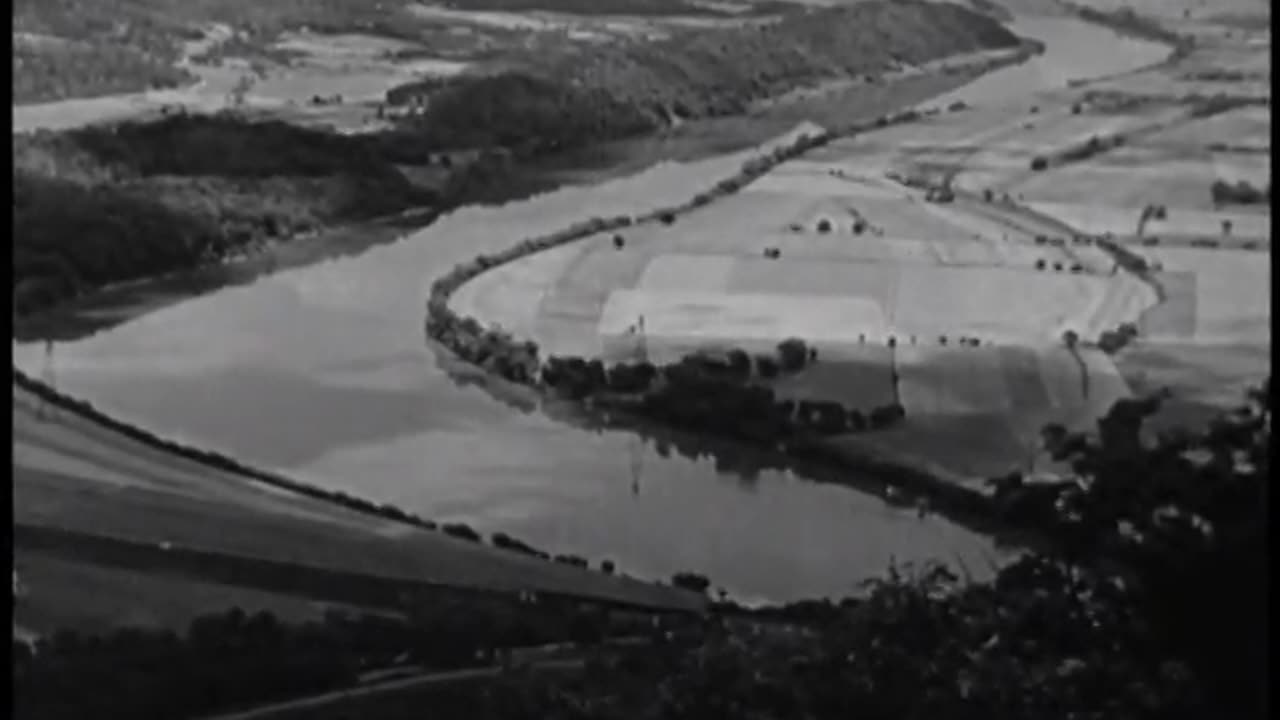
The Land
Directed by Robert Flaherty, "The Land" is a powerful 45-minute documentary from 1942 that examines the dire state of American agriculture during the Great Depression, particularly focusing on the consequences of a century of cotton overproduction. Created just as the United States entered World War II, the film was not released at the time due to concerns that its stark portrayal of rural poverty and agricultural collapse could be exploited by enemy propaganda. Instead, it features a continuous musical score by Richard Arnell, which, alongside Flaherty's poetic imagery, conveys the film's narrative without spoken dialogue, consistent with his roots in silent filmmaking:
Dust Bowl and Environmental Devastation: The film opens with haunting visuals of the Dust Bowl, showing eroded landscapes, dust storms, and the barren fields left in the wake of unsustainable farming practices, vividly illustrating the environmental toll of overproduction.
Indigent Farmers and Extreme Poverty: It then shifts to the human impact, depicting impoverished farmers struggling to survive. A particularly poignant segment focuses on a family living in a dilapidated shack, eking out an existence amidst extreme poverty, yet continuing to bear children in these dire conditions, reflecting both resilience and desperation.
Mass Migration to California: The documentary captures the mass exodus of farmers and laborers to California, driven by the hope of finding work. However, the imagery starkly contrasts this hope with reality, showing the overcrowded conditions and scarcity of jobs, a narrative familiar from John Steinbeck's "The Grapes of Wrath."
Ironic Conclusion: The film ends on an ostensibly upbeat note with scenes of modern threshing machines efficiently harvesting crops, symbolizing technological progress. Yet, this conclusion carries a bitter irony, as these machines displace even more laborers, exacerbating unemployment rather than solving it, a subtle critique of unchecked mechanization.
Flaherty's choice to forgo dialogue, relying instead on the evocative score and his masterful visual storytelling, enhances the film's emotional and poetic resonance, though it also leaves viewers longing to hear the voices of the struggling farmers themselves. "The Land" stands as both a historical document of agricultural decline and a cinematic meditation on the human cost of economic and environmental mismanagement.
-
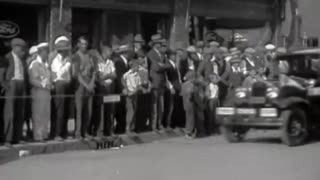 5:53
5:53
Archival Moments
6 months agoTwenty Millionth Ford: Rochester, Owatonna, Fairmont, St. Paul, Minneapolis, and Morris, Minnesota
152 -
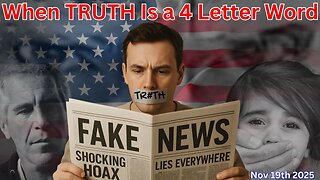 LIVE
LIVE
Wendy Bell Radio
5 hours agoTruth Is A 4 Letter Word
7,455 watching -
 LIVE
LIVE
Major League Fishing
6 days agoLIVE! - Fishing Clash Team Series: Summit Cup - Day 4
115 watching -
 36:28
36:28
The Kevin Trudeau Show Limitless
19 minutes agoThe Real Reason Your Relationships Fail
-
 8:07
8:07
Rethinking the Dollar
1 hour agoSilver Just Got Strategic: Don’t Miss Your Move
-
 1:07:13
1:07:13
A Cigar Hustlers Podcast Every Day
1 hour agoHustler Every Day Episode 7 w/The Cigar Guys The Internet Is Down!
10 -
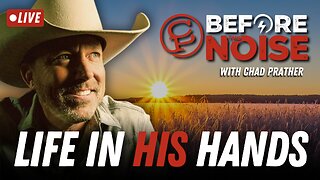 1:10:39
1:10:39
Chad Prather
14 hours agoRise and Walk, What Happens When Jesus Interrupts Your Normal
60.5K53 -
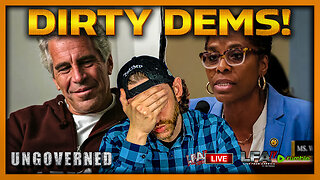 LIVE
LIVE
LFA TV
13 hours agoLIVE & BREAKING NEWS! | WEDNESDAY 11/19/25
3,114 watching -
 16:09
16:09
Nikko Ortiz
1 day agoMilitary Fails That Got Soldiers In Trouble
26.6K12 -
 LIVE
LIVE
PudgeTV
4 hours ago🟣 Arc Raiders - Gaming on Rumble | The Rumskateers Go Topside
72 watching